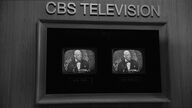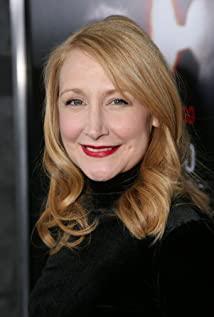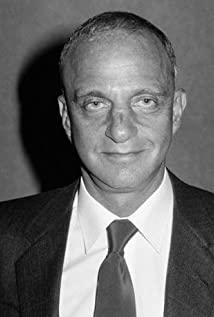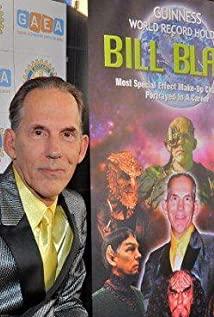I think this is probably the director's tribute to the serious movies of that era, but also a mockery and reflection on the entertainment to death now.
There are a lot of sonorous monologues in the play, the logic is rigorous, and the conditioning is clear. The director seems to want to use Edward Murrow's mouth to show the highest point that human wisdom and reason can reach in the printing age with an attitude of admiration.
As said in "Entertainment to Death", video dispels people's rationality, and TV makes people tend to fragment.
The content of the film is actually very simple. From 1950 to 1954, it was the period when McCarthyism was rampant. As Edward Murrow said, "everyone who opposed McCarthy was suppressed as a communist, or a pro-communist." After a brutal purge that affected thousands of people, the people were blinded by McCarthy's fiery and fanatical tone and blindly followed McCarthy's frantic campaign to eradicate dissidents.
And Edward Murrow, as the anchor of CBS, bravely assumed the responsibility of a rational public, he turned television into a kind of public sphere, where dissidents could debate and debate rationally in front of the public. Most striking is the mutual refutation between Edward Murrow and McCarthy. Under great pressure, Edward Murrow used McCarthy's original words to criticize McCarthy's policies well-founded, so that the people could truly understand the essence of McCarthyism, and realized the media's function of supervising the government as the "fourth power".
In the end, McCarthy was investigated by the judiciary, and Murrow won and won freedom for the people. But soon, it was abandoned by the people and gave way to another more subtle poison that paralyzes nerves, entertainment.
I also saw another aspect of the Western free press system. Although it is called the "fourth power", it enjoys a very high independent position and supervision power. But in practice, there are still political and economic pressures. Although there is no news censorship system, the production of news content is still subject to layers of invisible checks, which requires the anchor to have a strong psychological quality and firm personal will. This is precisely why Western journalism heroes are born in large numbers.
The film ends with Edward Murrow's speech on television entertainment. The director brutally broke a hard-won success with an unexpected twist. This twist is entertainment to death, and this time, Murrow, who has blocked political pressure, is entertaining. A crushing defeat before the tide.
Television can educate the audience, it can guide and even inspire the public. But only when people use it for such a purpose can TV realize its value. Otherwise, it's just wires and light pipes in a box. ---Edward Murrow
PS: The major is journalism, and the teachers put the film in class. This afterthought is even a homework. I have watched a lot of news ideal films. At first it was bloody, then numb, and now there is a little bit of anger.
There is a very noble teacher who regards Hu Shuli as a goddess and has a high evaluation, calling him "a firm idealist and a sober realist".
On the other hand, looking at his life experience, he shuddered. The simplicity and innocence in her also seemed to be a product of class.
I have no intention of advocating the theory of the extinction of ideals here, I just want to find a balance for myself between ideals and reality.
Obviously, this is a difficult balance to achieve.
View more about Good Night, and Good Luck. reviews











